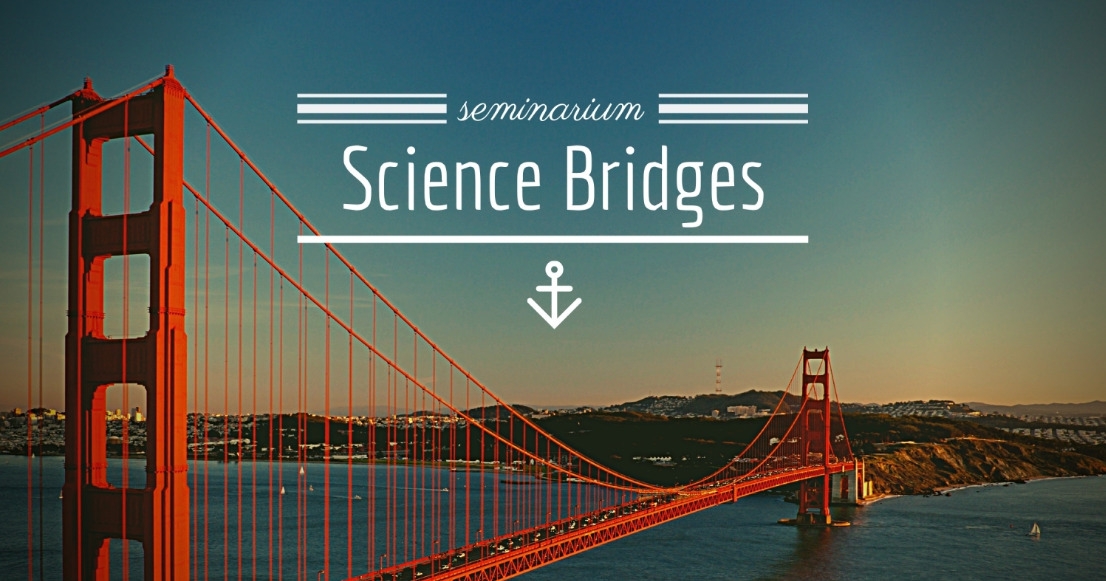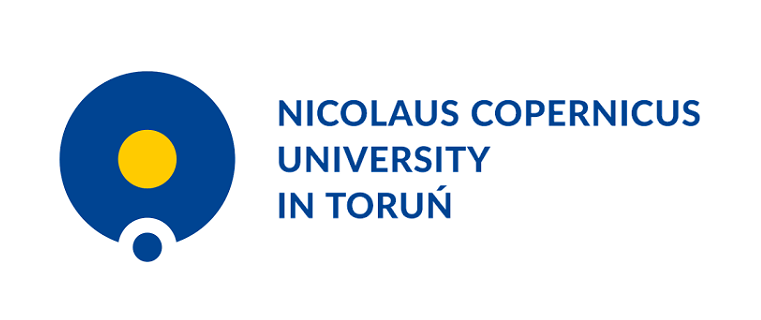Events: March 2021

General IA Seminar
Prof. dr hab. Jadwiga Daszyńska-Daszkiewicz will give a speech "Constraints on the efficiency of convective transport from asteroseismology of AF-type stars". You can find the abstract at Institute of Astronomy webpage. The General Seminar takes place in the virtual seminar room. The seminar starts at 11.15 a.m.
General IA Seminar
Prof. dr hab. Igor Soszyński (University of Warsaw) will give a speech "Eppur si muove. On the Origin of Long Secondary Periods in Red Giant Stars". You can find the abstract at Institute of Astronomy webpage. The General Seminar takes place in the virtual seminar room. The seminar starts at 11.15 a.m.

Science Bridges seminar
We would like to invite you to "Science Bridges" seminar. The guest of the seminar will be prof. Dashun Wang from Northwestern University, Illinois, co-author of the book "Science of Science" published by Cambridge University Press (premiere on March 25, 2021). The seminar entitled "Initial Progress on the Science of Science" will be held on March 29 at 18.00 on the BigBlueButton platform.
The increasing availability of large-scale datasets that trace the entirety of the scientific enterprise, have created an unprecedented opportunity to explore scientific production and reward. Parallel developments in data science, network science, and artificial intelligence offer us powerful tools and techniques to make sense of these millions of data points. Together, they tell a complex yet insightful story about how scientific careers unfold, how collaborations contribute to discovery, and how scientific progress emerges through a combination of multiple interconnected factors. These opportunities—and challenges that come with them—have fueled the emergence of a multidisciplinary community of scientists that are united by their goals of understanding science. These practitioners of the science of science use the scientific methods to study themselves, examine projects that work as well as those that fail, quantify the patterns that characterize discovery and invention, and offer lessons to improve science as a whole. In this talk, I’ll highlight some examples of research in this area, hoping to illustrate the promise of science of science as well as its limitations.
Join the lecture
More information
 NCU News
NCU News